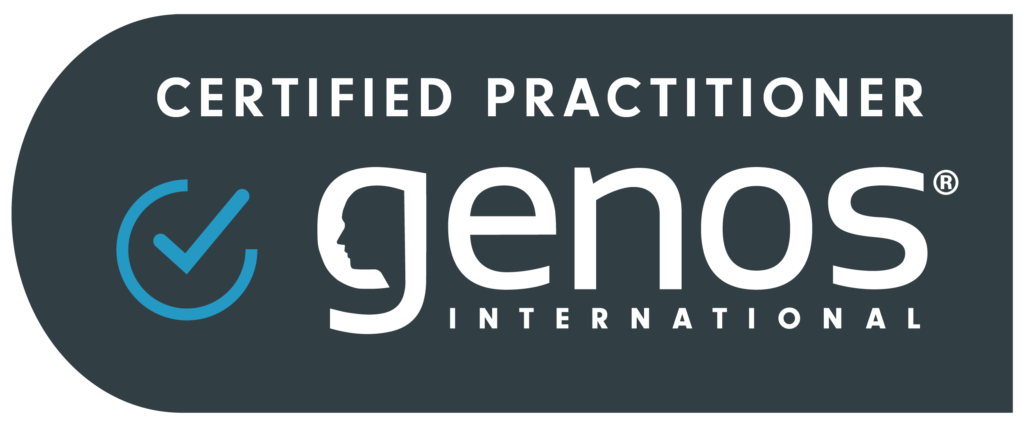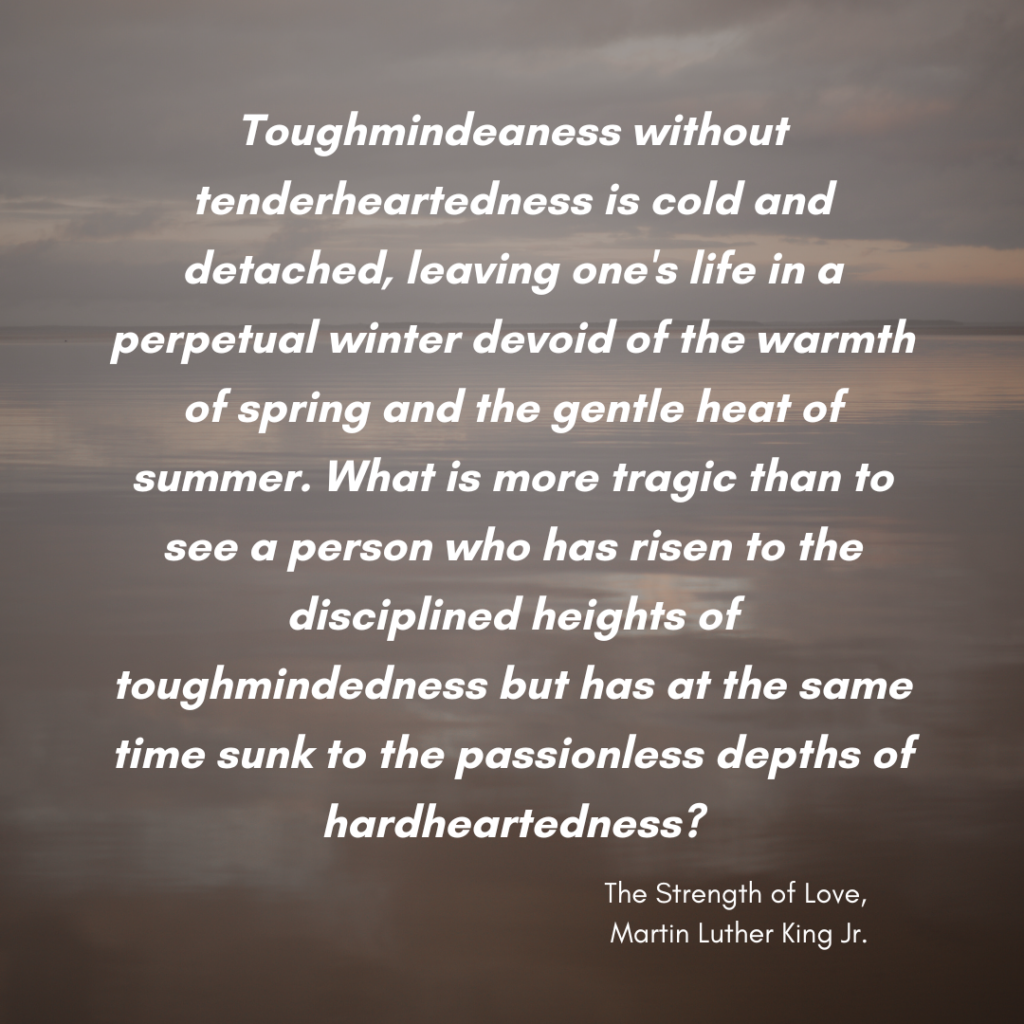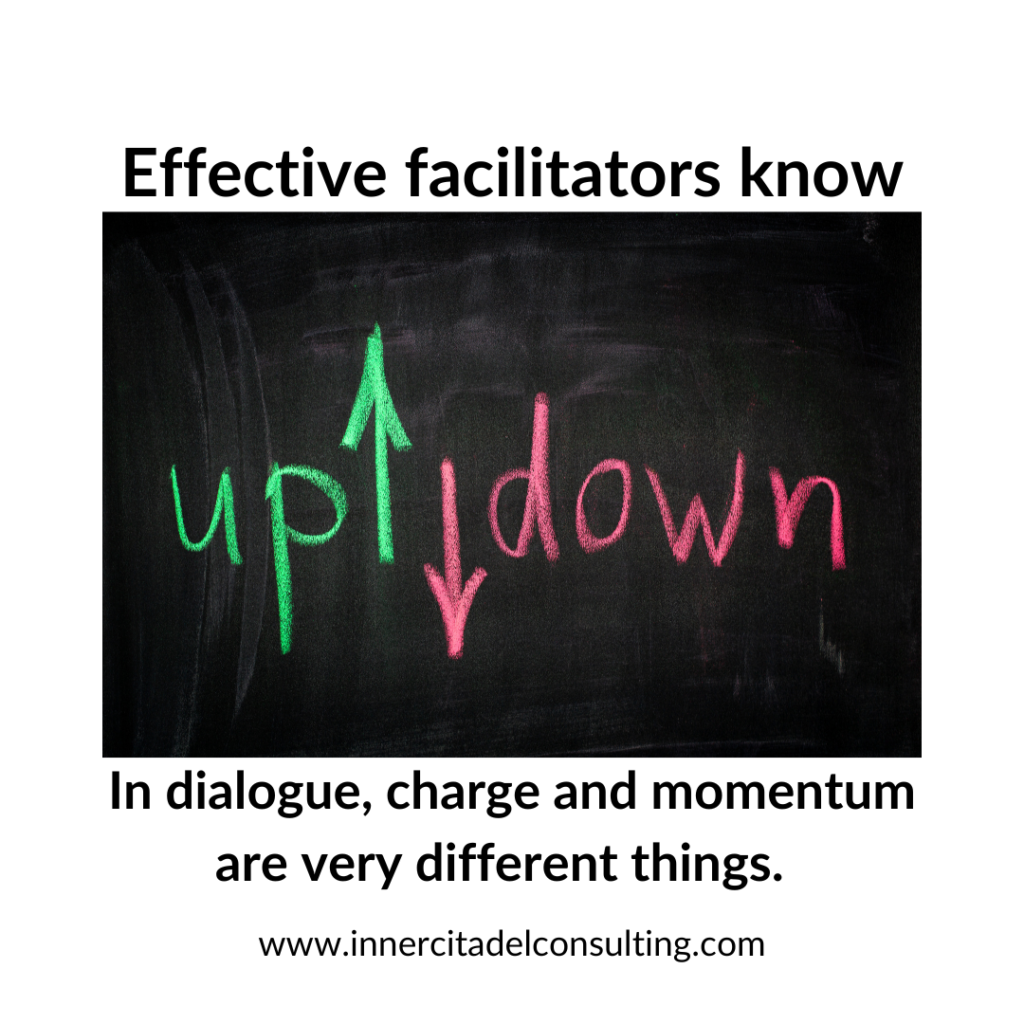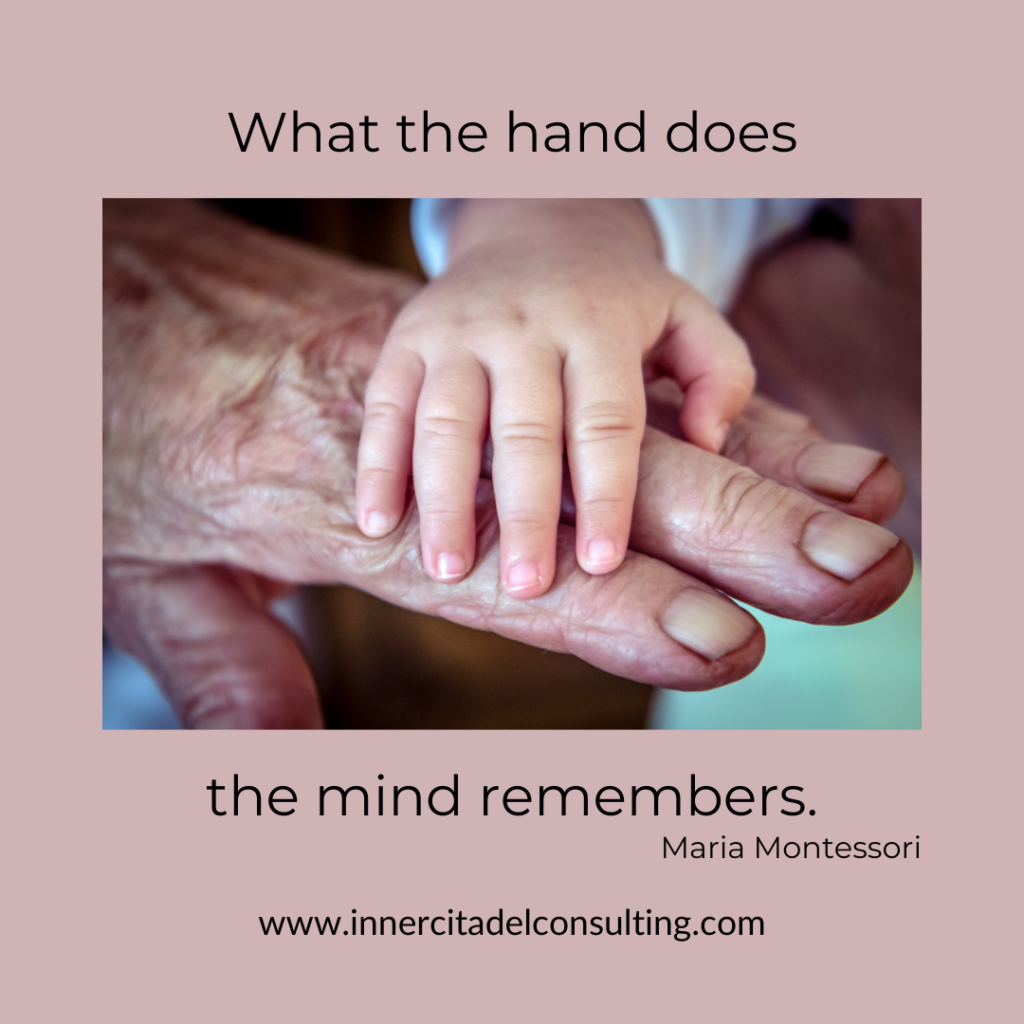“Experience was of no ethical value. It was simply the name men give to their mistakes.”
Oscar Wilde, “The Picture of Dorian Gray”
At least, this is what the very cynical Lord Henry thinks in Oscar Wilde’s “The picture of Dorian Gray”. But isn’t there a nugget of #truth there?
The Value of Experience?
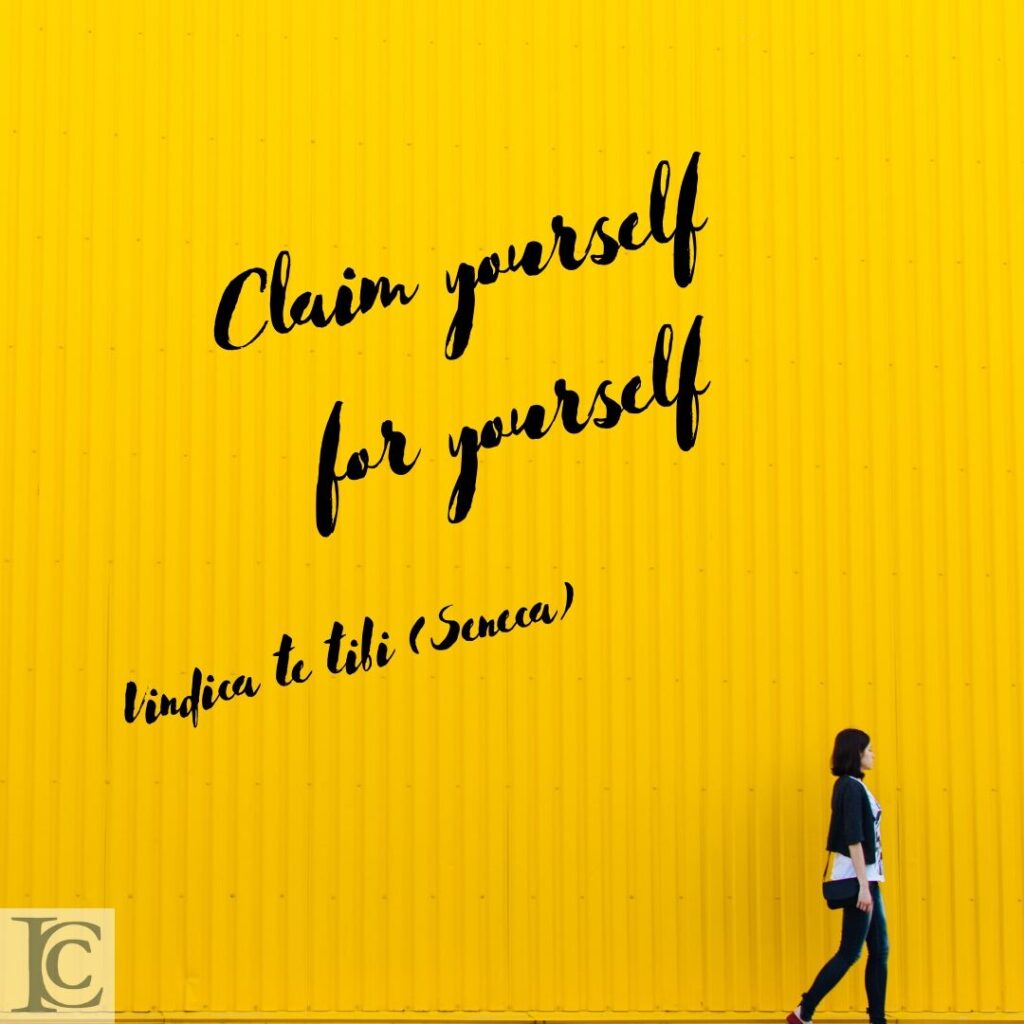
For me, it isn’t the experience itself that has ethical value – it is our willingness to reflect on the experience and *create* value from it, to understand that we made a mistake and learn from it. When we claim our experience with reflection, we claim ourselves for ourselves. This is one of my favorite sayings of Seneca, “Vindica te tibi“, claim yourself for yourself. That is, act in such a way that you free yourself: from ignorance, habitual reactions, self-destructive behaviors, irrational thoughts, negative self-talk…
I had a boss once who used to say, “Don’t be sorry, just don’t do it again.” What was missing from this extremely unhelpful (but I suppose fair) feedback was the role I had to play in understanding my own mistake, so that I could reflect on it, learn, and have less chance of repeating the error. That feels “ethical” to me, that feels valuable.
I guess what I’m getting at is this: it feels right now that there are many people who think that experience *has* value on its own, that just showing up is enough, that just being something is enough. These people are never challenged to reflect on their own actions, to think about how their actions impact other people, or to try to understand their role in their own experience of the world or the experiences of others. How else can a person understand what an incredible power human beings have in the ability to reflect? Or in our capacity to adopt a mindset to shape our experience?
Experience on its own has no value.
Two anecdotes might help. When I was young I was a cellist. I was quite good – certainly had the musical talent – but I was not someone who liked practicing cello. My teacher, an enormous Czech with a glorious beard that hid the strings as his fingers created such beautiful sounds, always said to me, “The same hour of practice eight times is not so useful, Peter.” What he meant was that I was not building a practice. I was going through the motions – usually so I could get to the tennis courts where I actually built a practice. With tennis, I would reflect, use those insights to change and improve my game, and seek opportunities for practice or play based on that reflection. With cello … not so much. I did not create as much value out of the experiences I was having.
Second anecdote, maybe more poignant. I once knew a young woman who had an opportunity to go to Paris with her romantic partner. When she asked him about going, he said something like, “I’ve been to Paris before.”
I know, right??
What bothered me most about this, apart from the complete disconnect, is that the comment shows no understanding of how reflection can shape experience. Tell me you have enjoyed or learned enough about Paris in one visit. Wow.
Reflection is how we create value
When we reflect, we create value out of our experience. This can be in real time, when we might call the reflection mindfulness. It can be predictive, when we might call the reflection planning or anticipation. And it can be backwards looking, which is often how people think about reflection. But at any of those points in time, it is our active engagement with the experience that creates the real value. Are you just the sum total of the moments and days you have experienced, or are you what you have created out of those experiences through reflection? Maybe the difference is subtle, friends, but it is the most important difference I can imagine. “ὁ δὲ ἀνεξέταστος βίος οὐ βιωτὸς ἀνθρώπῳ,” Plato has Socrates say during his trial. “For a human being, the unexamined life is not worth living.” How about, “For a human being, an examined life has great value.”

